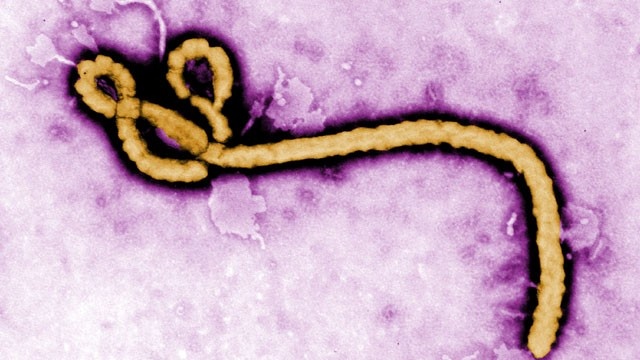October 17, 2014 – With the outbreak in West Africa teetering out of control, and with the first cases showing up outside of Africa, medical teams are on a fast track to understand how to contain and eradicate this deadly virus. Experimental vaccines and treatments are being sent to clinical trial faster than light speed these days. And our assumptions about how the virus spreads and the protocols medicine has put in place to lock it down are under challenge.
One of those assumptions is the incubation period. A new study at Drexel University questions the 21-day quarantine protocol. It may not be enough according to a study done by Professor Charles Haas, in the College of Engineering.The study entitled, “On the Quarantine Period for Ebola Virus” appeared in the October 14th edition of PLOS Currents: Outbreaks. The professor studied the data from the current outbreak and concluded that the World Health Organization had no conclusive evidence to support the number of days at the extreme end for Ebola quarantine. The World Health Organization used results from prior outbreaks in Zaire and Uganda in coming up with the 2 to 21 days incubation period. But Haas’ review indicates there could be a 12% chance that someone could still begin to show signs of infection after 21 days.
Haas is an expert in analyzing transmission risk of pathogens. He states, “While the 21-day quarantine value, currently used, may have arisen from reasonable interpretation of early outbreak data, this work suggests reconsideration is in order and that 21 days might not be sufficiently protective of public health.” It is not his purpose to increase the fear and uncertainty but to ensure that transmissibility of such a dangerous pathogen requires a greater degree of caution in establishing quarantine standards. And in his mind 21 days is not enough.













